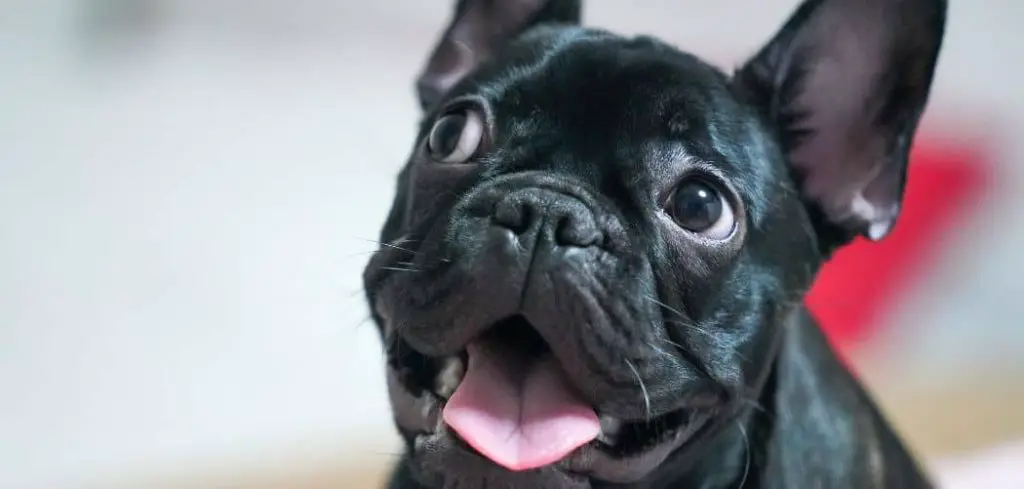If your dog only drinks water outside, it can be confusing and might make you wonder if something is wrong. While it may seem like a quirky preference, in some cases this behavior can be linked to health concerns.
We outline the common reasons why your dog only drinks water outside, what you can do at home, and when to seek veterinary help.
Table of Contents
Dog Only Drinks Water Outside — Why It Happens
A dog that only drinks water outside may be influenced by environmental preferences, anxiety, or issues with the indoor water source. Some dogs feel more relaxed outdoors, have learned certain routines, or are drawn to the taste and temperature of outdoor water.
In other cases, discomfort, dental problems, or even vision issues can contribute to avoiding indoor bowls.

Dog Only Drinks Water Outside: Common Causes
Preference for Outdoor Water
Some dogs simply enjoy the taste or feel of outdoor water more than indoor sources.
Water outside may be cooler, fresher, or have a different smell that appeals to them.
While this may seem harmless, you should make sure the water they drink outdoors is clean and safe from contamination.
Read more: Dog Only Drinks Water Once a Day (Here’s why)
Anxiety or Indoor Stress
Dogs with anxiety or stress related to the indoor environment may avoid drinking water inside.
Triggers could include noise, other pets, or changes in household layout.
They might feel more comfortable and secure outdoors, leading them to drink only there.
Negative Association with Indoor Water Bowl
If a dog has had an unpleasant experience with an indoor water bowl — such as slipping, hitting their face, or hearing a loud noise nearby — they may develop an aversion to it.
This association can last for weeks or months unless addressed with gentle retraining.
Dental or Mouth Pain
Dental problems can make drinking from certain types of bowls uncomfortable.
Metal bowls that make noise or bowls with steep edges may cause discomfort, especially if the dog has sore gums or loose teeth.
You might also notice drooling, bad breath, or reluctance to eat hard food.
Vision Changes
Dogs with declining vision may have trouble locating or feeling comfortable approaching the indoor water source.
Bright reflections on metal bowls, poor lighting, or bowl placement can make them hesitant.
They may find it easier to navigate to outdoor water sources they are more familiar with.
Routine and Learned Behavior
Dogs thrive on routine and may have learned to drink water primarily when outside during walks or playtime.
If this pattern has been reinforced over time, they may simply prefer sticking to that habit.
While habits alone aren’t dangerous, you still need to ensure they stay hydrated throughout the day.
What to Do If Your Dog Only Drinks Water Outside
Ensure that indoor water is always clean, fresh, and easily accessible.
Try different types of bowls — ceramic, stainless steel, or plastic — to see if your dog prefers a particular texture or height.
Place water in multiple indoor locations, especially in quieter spots away from noise or foot traffic.
If anxiety is suspected, create a calm environment indoors and pair the indoor bowl with positive reinforcement.
Continue offering outdoor water but work on gradually increasing their comfort with indoor options.
When to Call or Visit Your Vet
If your dog’s outdoor-only drinking is accompanied by reduced overall water intake, lethargy, vomiting, or weight loss, contact your veterinarian.
Seek prompt attention if you suspect dental pain, vision changes, or illness.
Behavioral changes, especially sudden ones, should be evaluated to rule out underlying medical causes.
Your vet can check for dental disease, sensory issues, and health problems that might be influencing drinking habits.
Read more: Dog Only Drinking Water at Night (Here’s why)
Key Takeaway
A dog only drinking water outside might simply have a preference, but it can also point to anxiety, sensory changes, or health concerns.
Making indoor water more appealing, ensuring easy access, and monitoring your dog’s hydration will help keep them healthy.
If the habit is new, sudden, or paired with other symptoms, a veterinary checkup is the safest way to ensure your dog’s well-being.
